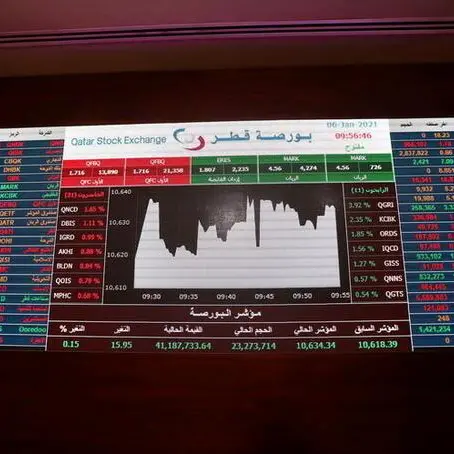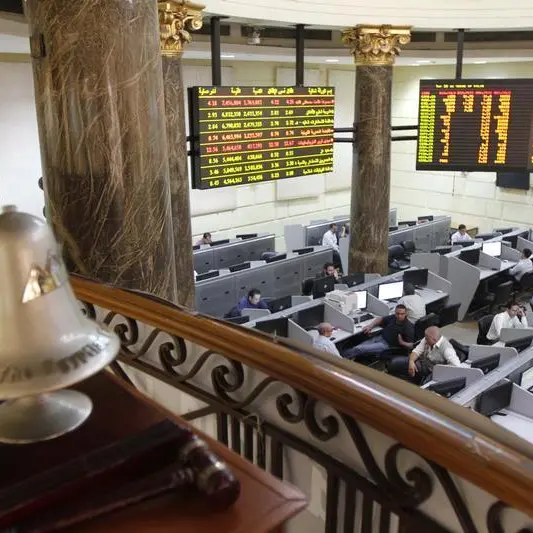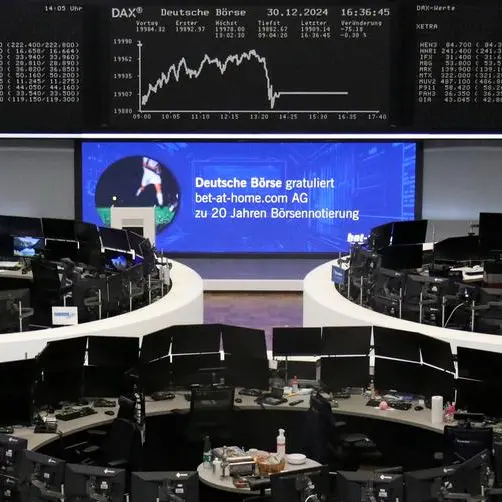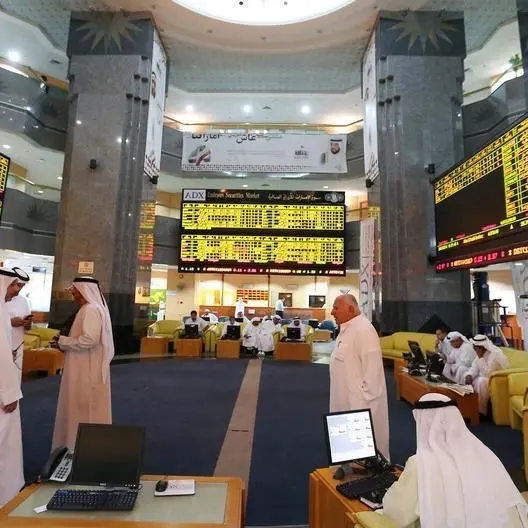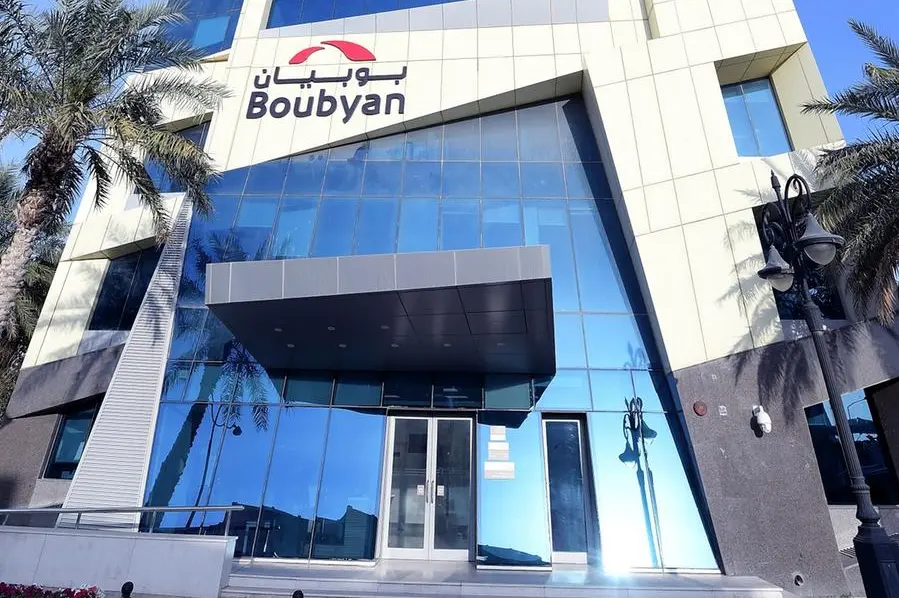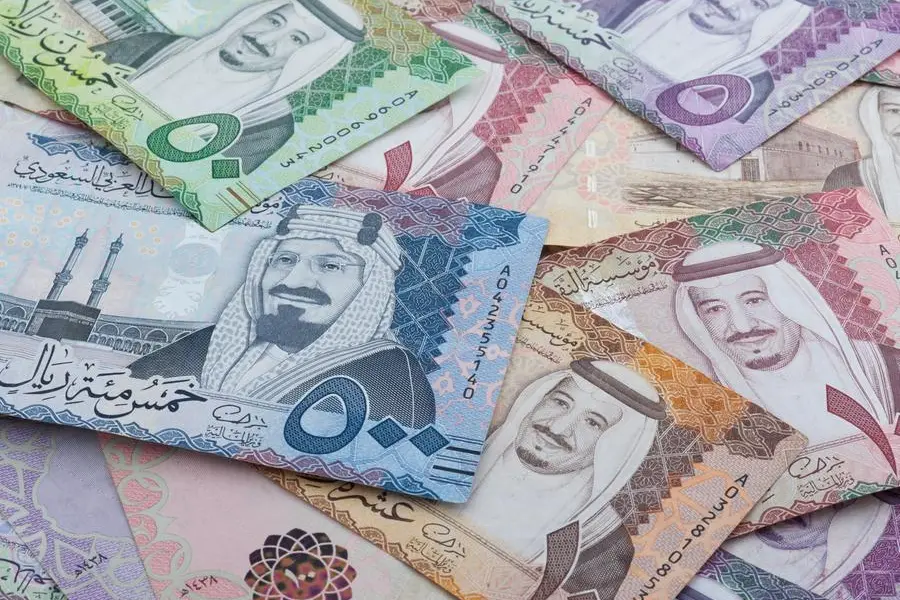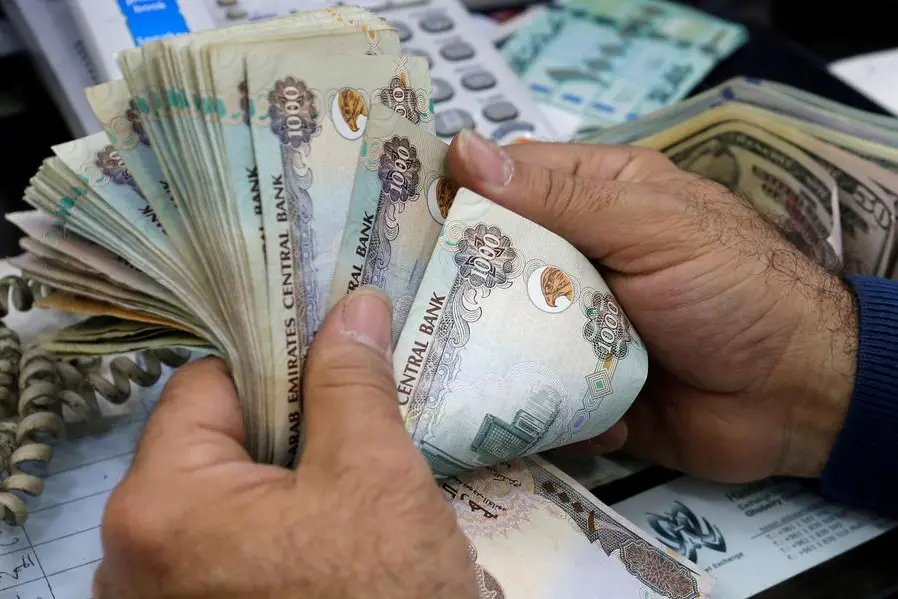PHOTO
Trading on the Nairobi Securities Exchange (NSE) rebounded in 2024 after five consecutive years of decline, buoyed by increased investor appetite for banking stocks, relative stability of the shilling and repayment of a $2 billion Eurobond, warding off a potential default tag and rekindling foreign investor confidence in the economy.
Resurgence in NSE performance was also boosted by ongoing reforms in the bond market and inclusion of more NSE-listed companies such as KCB and Co-operative Bank to Morgan Stanley Capital International (MSCI) frontier market index, increasing the stocks’ visibility to global investors, according to NSE and market analysts.
The two banks last year joined Safaricom, Equity Group and East African Breweries Ltd on the frontier markets index, which captures large and mid-cap stocks across 28 frontier markets.
The MSCI also added BAT Kenya, KenGen, Kenya-Re and DTB Group to its frontier market small cap index.
Read: NSE beats African peers in half year returns“In 2024, the Kenyan economy experienced a significant development that contributed to a macroeconomic rebalancing, gradually positioning the nation on a stable and sustainable growth trajectory,” NSE chief executive Frank Mwiti told The EastAfrican.“A key milestone was the timely repayment of the $2 billion Eurobond, which played a pivotal role in boosting investor confidence and alleviating concerns about potential default risks. This positive shift spurred heightened economic activity throughout the year.”Official data from the NSE shows market turnover grew by 20 percent to Ksh105.23 billion ($815.73 million), from Ksh88.23 billion ($683.95 million) in 2023, marking the first annual growth in equity trading activity in six years.
The last time NSE posted a positive annual equity market turnover was in 2018, when it rose to Ksh175.65 billion ($1.36 billion), from Ksh171.61 billion ($1.33 billion), in 2017.
Market analysts sampled by The EastAfrican said the high interest rate regime, which lured banks to invest heavily in government securities, was a blessing in disguise for the Nairobi bourse. Banks’ increased earnings linked to their investment in State papers increased the attractiveness of their stocks to investors looking for higher dividends.“A lot of it (NSE trading activity) was spurred by the high interest rate environment. The banks were really into T-Bills and bonds so, if you look at their books, they also posted quite a bit of their earnings from those avenues. So that prompted everybody to buy banks stocks because people are anticipating good earnings and good dividends,” said Ngugi Waweru, research analyst at Faida Investment Bank (FIB).“Then there were also mergers like that of Bamburi. So, the market was active in that sense despite all that was happening politically. The banks were making their money. So, it is about who is making money, because people want to buy where money is being made. We also had additions into the MSCI index that prompted foreign buys to pick up. Foreigners were more interested in these counters that were added into the MSCI.”Stronger shillingNine Tier 1 banks led by regional lenders KCB, Equity, DTB, Co-op and I&M made a total of $855.73 million in interest income from their investment in government securities in the first six months of 2024, up 17.87 percent from $726.12 million in the same period the previous year.
Read: Kenya bank stocks to rise on dividends, earningsWesley Manambo, senior associate research at Standard Investment Bank, said the strengthening of the shilling against the dollar was a key factor in bolstering dollar returns from the bourse in 2024, with the banking and the telecommunication sectors jointly accounting for 80 percent of the overall market capitalisation, doing the heavy lifting with strong double-digit capital gains.
Bullish sentiments“The former (banking sector) rose 45 percent in the year, with the latter (telecommunication sector) at 23 percent. Bullish sentiments in the construction and energy sector had a play in the performance,” Mr Manambo said.
According to Manambo, the base effects were a key driver in NSE’s 2024 performance after two years that witnessed price erosion detached from the fundamental value of most businesses.“Investors moved in to lock the first mover benefits in 2024 before prices reflected fundamental views on the back of a bullish drive, given that the consensus view for macros both locally and globally for 2025 was positive,” he said.
The equity market recovered in 2024, reversing years of decline, with the market value of listed shares growing to Ksh1.9 trillion ($14.72 billion), from Ksh1.4 trillion ($10.85 billion) in 2023.
The benchmark indices also saw recovery with the NSE 20-Share Index, gaining 33.94 percent (509.49 points) to close the year at 2010.65, while the NSE All Share Index rose by 42.96 percent (1,022.57 points) to 3,402.8 in the same period.
NSE’s bond market marked a milestone, crossing the Ksh1 trillion ($7.75 billion) mark in cumulative turnover (January 2 to August 21, 2024) for the first time in the history of the exchange, as a result of strategic bond reforms, including implementation of the hybrid fixed income market.
According to Melodie Gatuguta, research associate (Banking) at SIB, improved bank earnings from high interest rates on government securities enticed investors to pick up banking stocks on prospects of better dividends.“The banking sector recorded stellar performance on the back of increased interest income and interim dividend payments. In addition, a number of counters were added to the MSCI index, which increased counter visibility to foreign investors, ” Ms Gatuguta said.
KCB resumed dividend payments with Stanchart announcing a record dividend,. “Furthermore, the strengthening of the dollar helped to manage borrowing costs as well.”“With the rates coming down banks will now have to find another way to make their money. So it might slow down a bit, but with Kenya Airways and Kenya Power back, we have seen prices going up, so, hopefully, they are still set to continue with the momentum,” Mr Waweru said.
Global rating agency Fitch predicts that the financial performance of African banks will be impacted in countries where falling interest rates translate into lower yields on government securities, hitting earnings through a reduction in interest income on both government securities and customer loans.
Fitch, in its African Banks Outlook 2025 report, says African banks will likely continue to face significant challenges in 2025, including risk of sovereign debt distress, potential exchange rate volatility, regulatory interference and lower yields on sovereign securities. © Copyright 2022 Nation Media Group. All Rights Reserved. Provided by SyndiGate Media Inc. (Syndigate.info).




